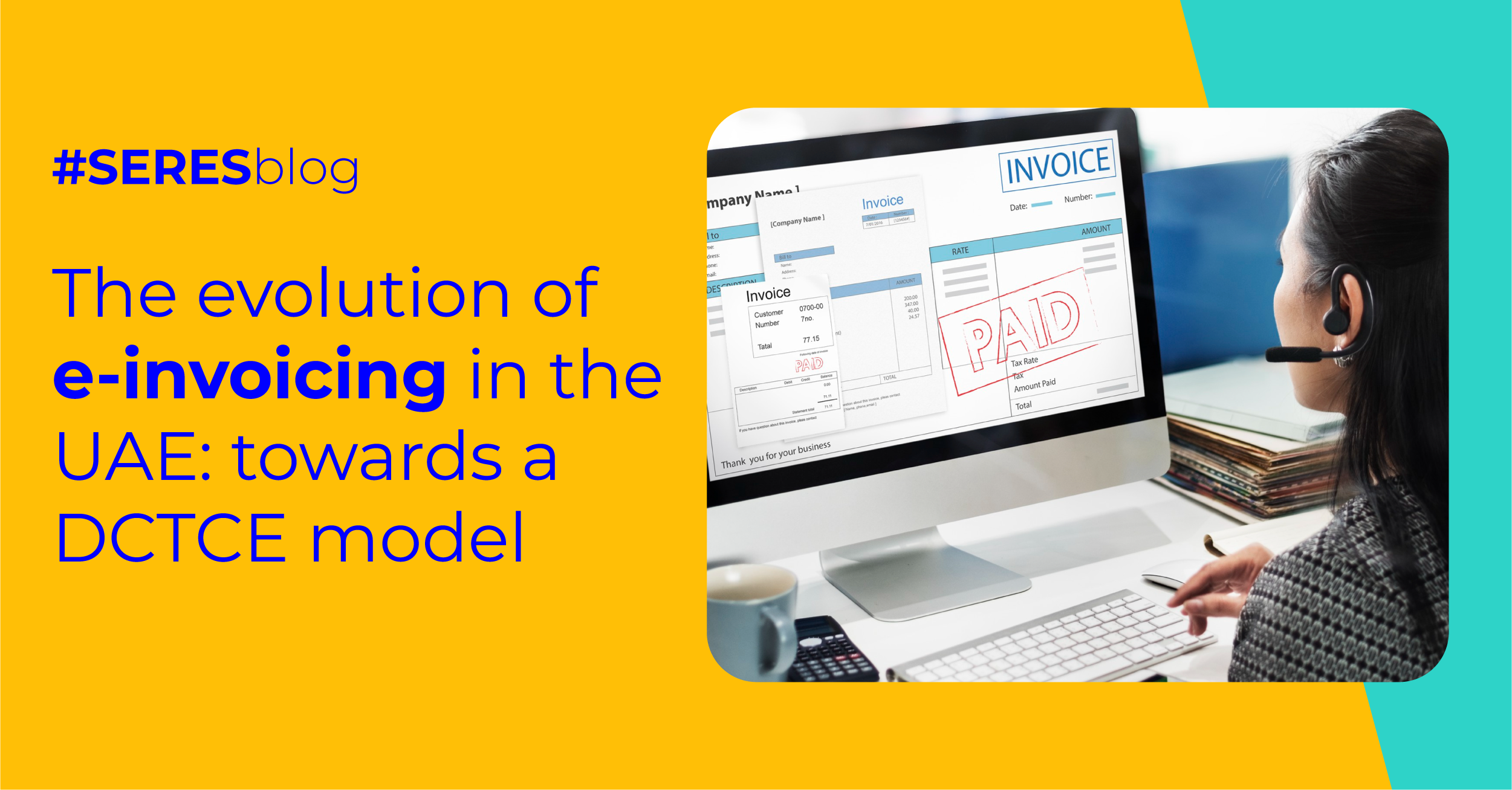The drive for eInvoicing in Spain
With the aim of achieving uniformity in the services provided to the public and improving their efficiency and effectiveness, the Spanish government decided to promote the use of eInvoicing in the country using a model which pushed all of the public administrations towards the digital transformation.
So, in December 2013, the Spanish Act 25/2013 of 23 December was approved, which not only entailed the promotion of the new eInvoicing model in the Spanish business sector, but also made it mandatory, as of 15 January 2015, for all public administrations to receive and process electronic invoices for amounts greater than €5,000. As a result, this requirement also meant that the administration's suppliers had to adapt to the new model and issue their invoices through a structured format better known as Facturae.
To implement this new requirement, the Ministry of Finance and Public Administration developed a common point of entry for invoices, FACe, for all of the bodies in the central government as well as any other public administrations wishing to join the system. Its launch was a revolution and has led to a growing number of invoices being issued electronically every year. In fact, FACe is currently used by around 8,000 public administrations, including 16 of the 17 autonomous communities and the central government, to facilitate the entry of invoices for their suppliers.
Two years after making it mandatory, the Spanish government decided to give eInvoicing another boost by approving Spanish Act 9/2017, of 8 November, on Public Sector Contracts (LCSP in Spanish) which established, for the first time, the requirement for eInvoicing between companies. As a result, since 1 July 2018, subcontracted companies working for public administration suppliers must issue electronic invoices to the contractors when the value of the works or services exceeds €5,000.
For this, the Ministry of Finance and Public Administration has launched the Single Electronic Register (also known as FACeB2B) to facilitate the interchange of electronic invoices.
Thanks to this development, both the public and private sectors have been able to benefit from numerous advantages, such as a reduction in costs, processing times and invoice payment terms, an increase in information quality and its greater availability for analysis, a decrease in late payments and an increase in efficiency. This has contributed to Spain being on the list of leading electronic administration countries, with a very high electronic government development index.



